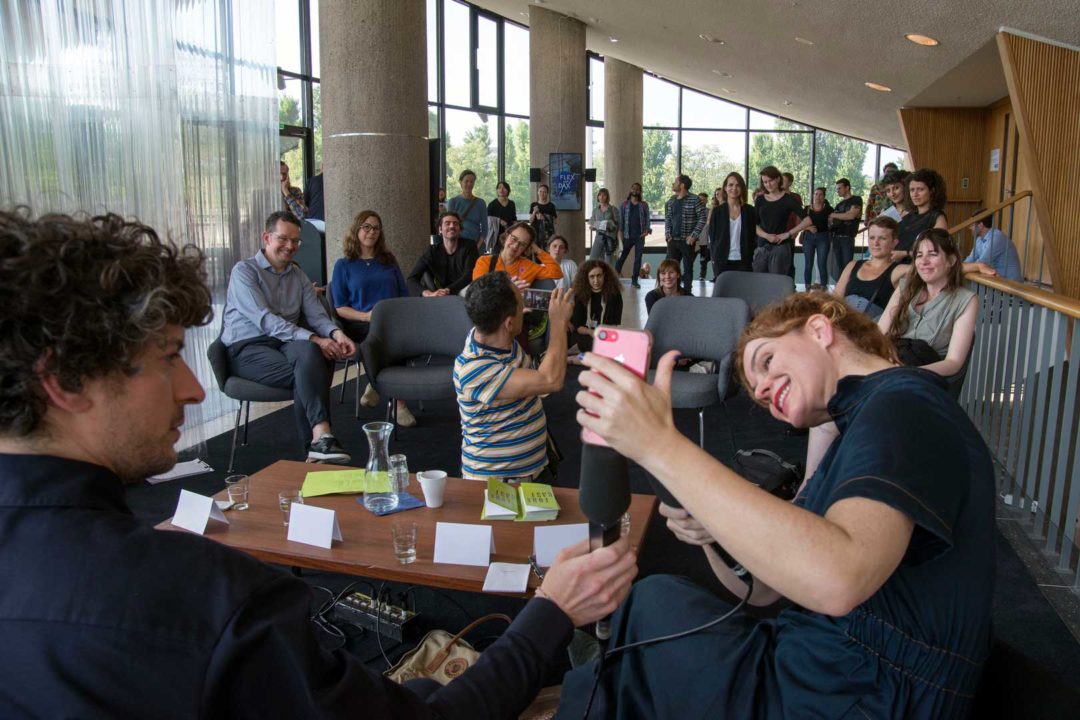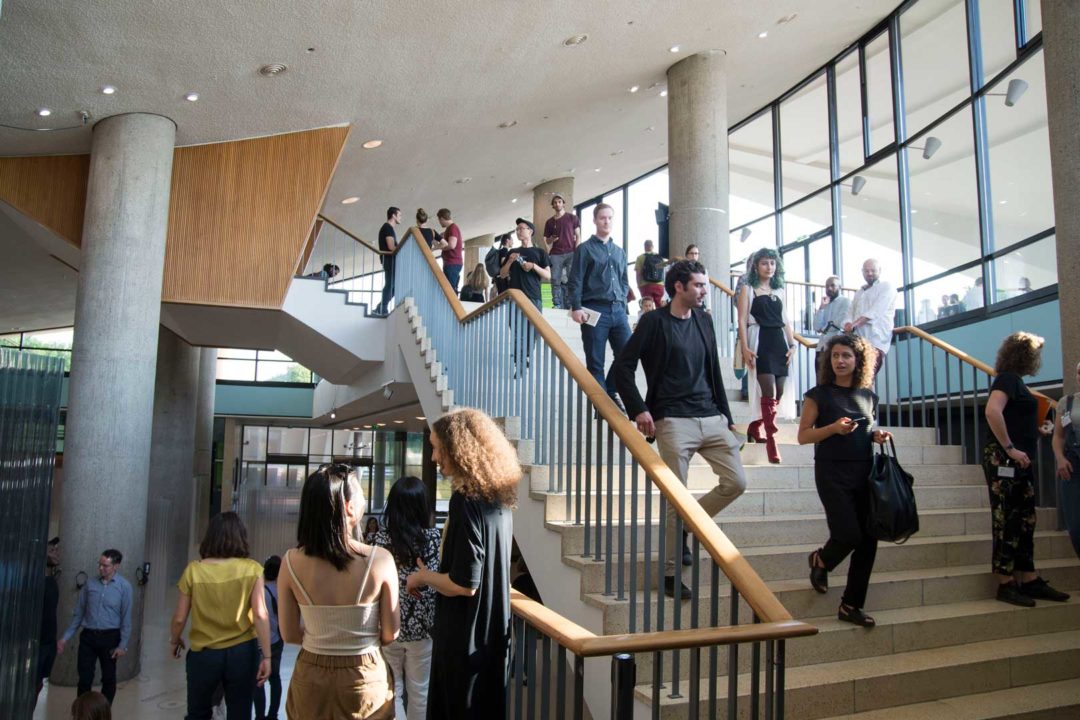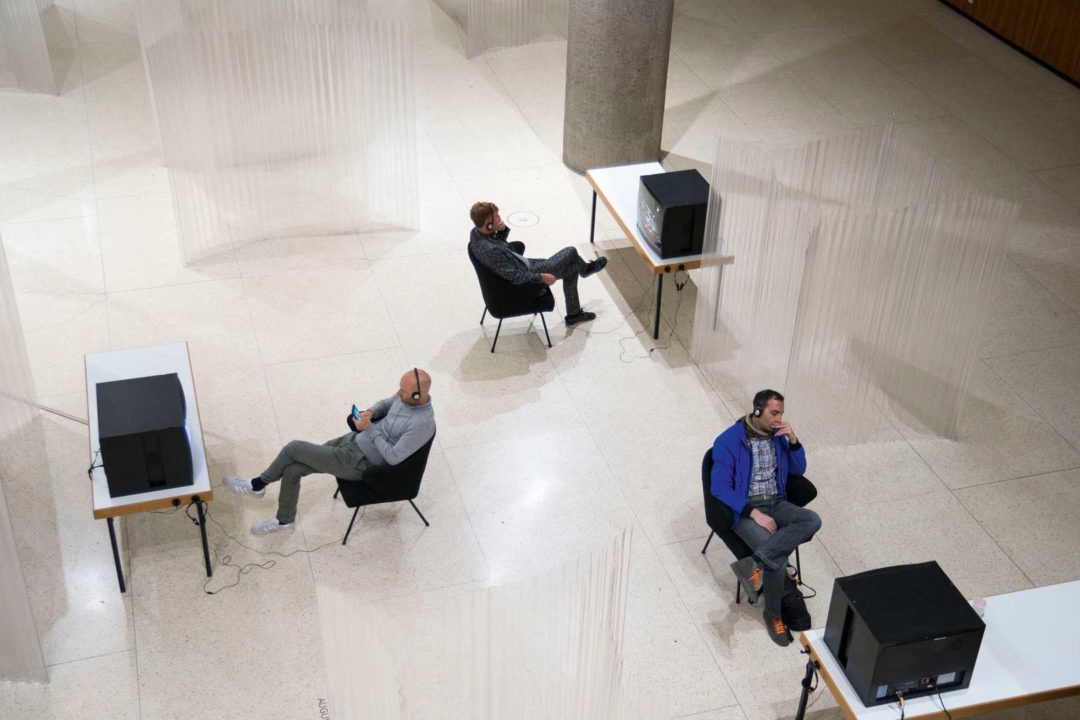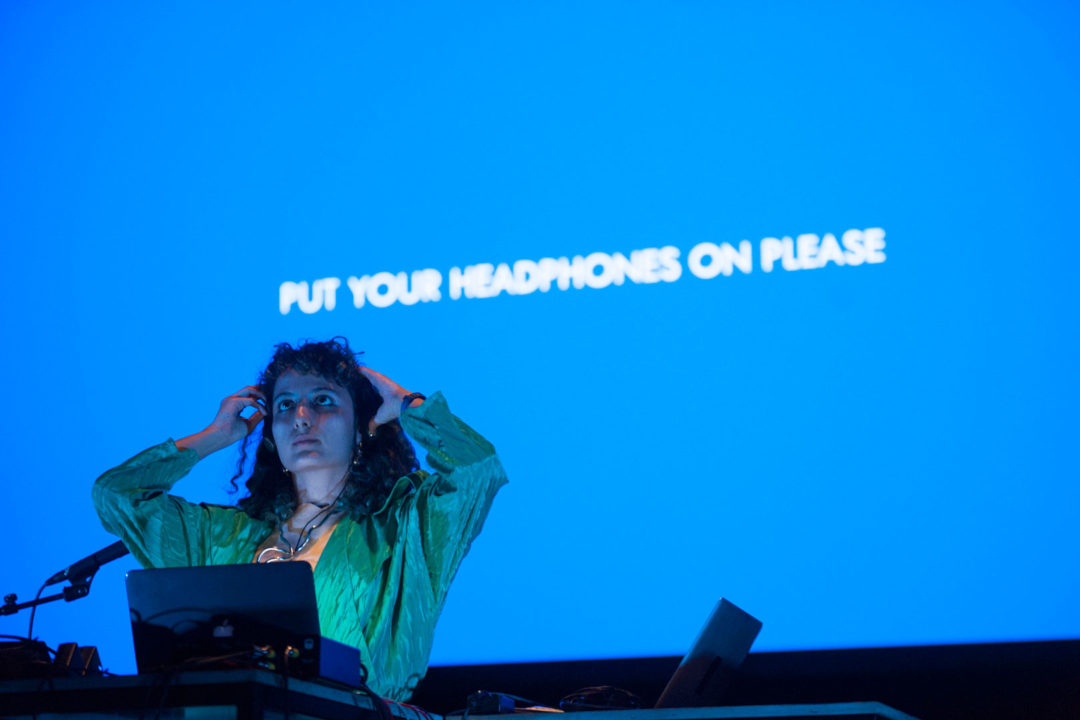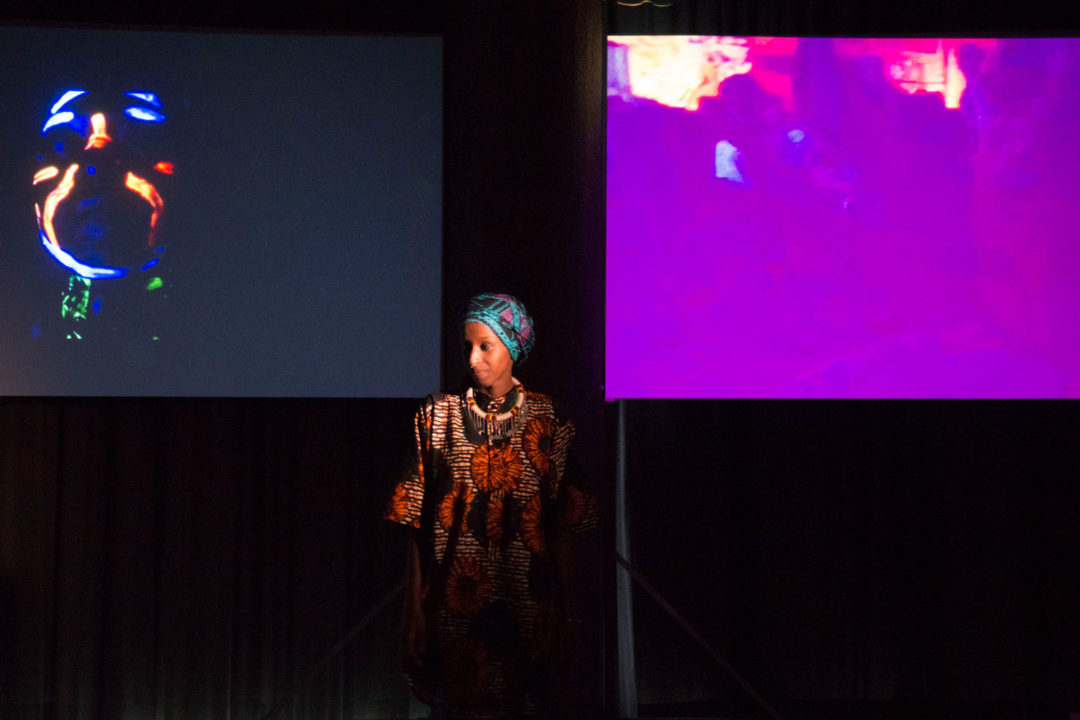The name “Forecast” refers to looking into the future, but how does this outlook manifest itself? Surprisingly few of the several hundred submissions aim to find out whether we will soon be zooming around in flying cars, how we will store more CO2 on the seabed, or if shall inhabit other planets. This new generation of inventive individuals—as far as we can tell, from the concepts they submitted—is not interested in simply acting out various scenarios. Instead, these creative minds display a concern with the real. Utopia as a trivial mood enhancer seems as alien to them as an irrational fear of technology. Alert and bold, they look into the future with a sense of proportion and analytic precision. Where do we stand? Where do we go from here? And which developments and decisions are relevant for the path ahead?
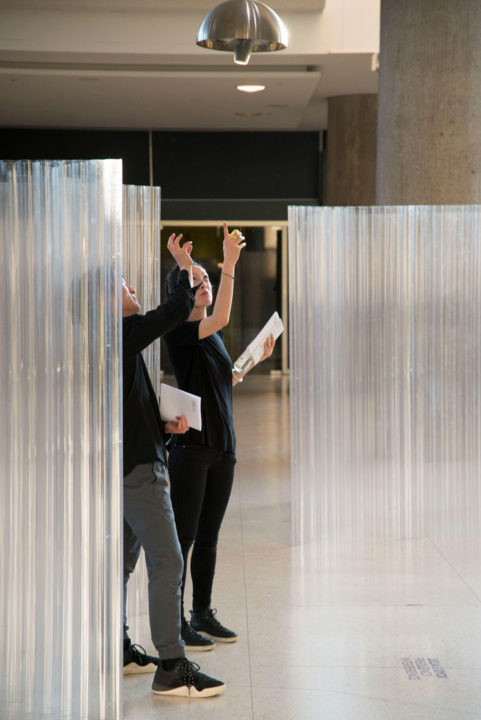
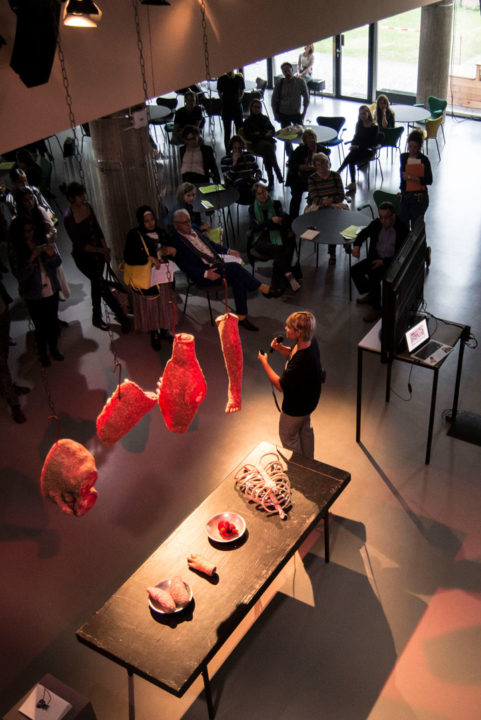
Forecast’s prototypical way of working means that every idea can be honed and taken to its logical conclusion, even to the point of absurdity. Every concept can be grasped and experienced, studied, and tested from different viewpoints. This includes failure, which, as Samuel Beckett knew, teaches us to fail better. Many Forecast participants tell us that this radical freedom was something they had never experienced before. My biggest hope for the future, then, is that we can carry our core idea out into the world more than we have in the past. Forecast should have a snowballing system of daughters, twins, and other variations and iterations, call them what you may. It may sound melodramatic, but the whole world needs Forecast!
We implement the much-discussed principle of open access in practical, direct ways through our approach to bringing people together—across institutions and disciplines, across social and cultural boundaries. The resulting transfer and production of knowledge grows exponentially with each edition, creating a store of practical experience that we enrich and systematize through regular evaluations and surveys. Not least due to this knowledge, Forecast has been able to build a hugely rewarding network of international organizations and our work is embedded in a fabric of partnerships in Europe and beyond, including the Future Architecture Platform established by Slovenia’s Museum of Architecture and Design (MAO) and our own Housing the Human program. This constant dialogue with international festivals, biennials, cultural institutions, and initiatives allows us to develop and deepen our themes—another aspect of the snowball effect being our ability to recommend creative minds we have mentored to influential partner organizations.

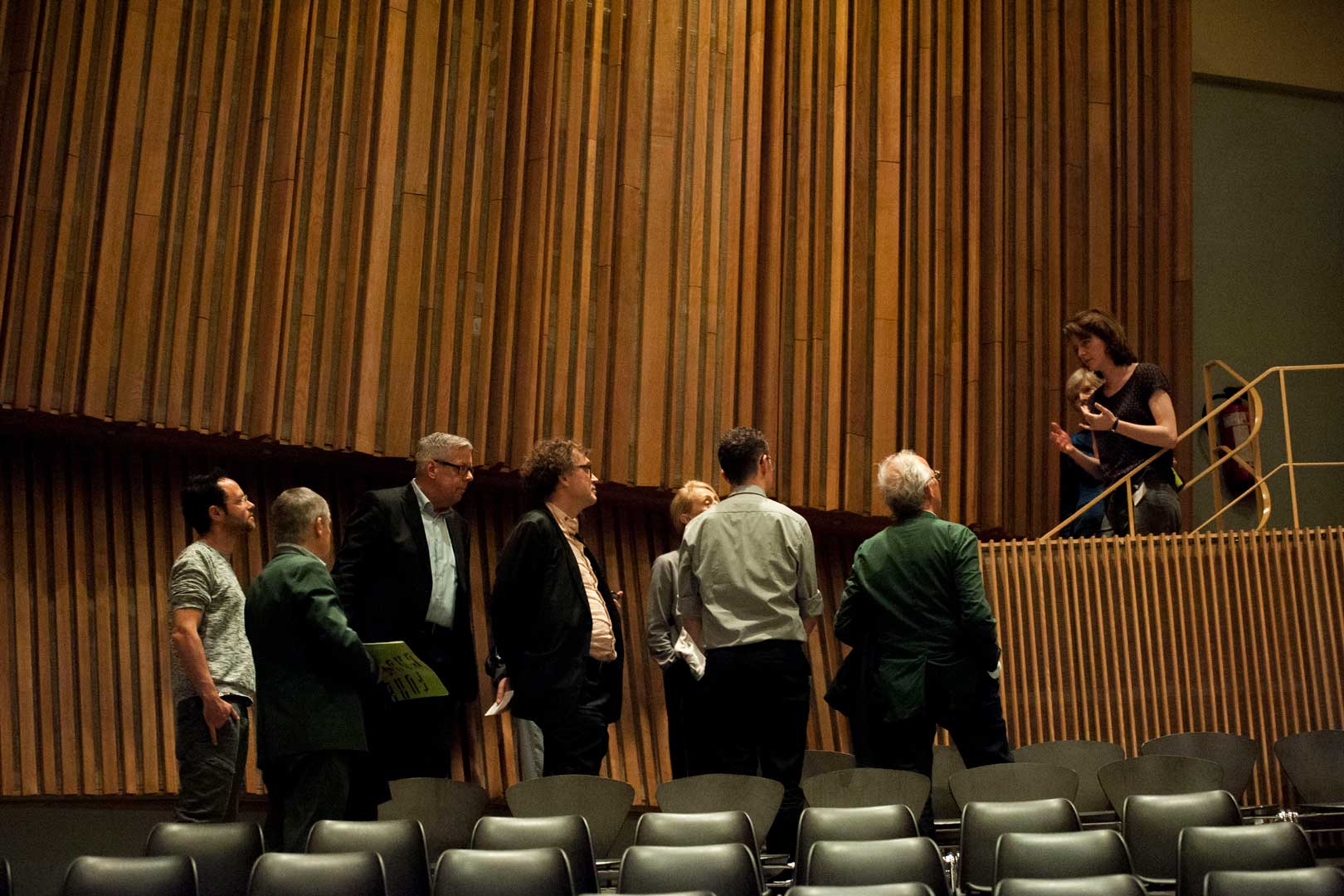
The evolution of our nondisciplinary working methods, our mentoring and enabling of talent, and the international response to Forecast since the first festival is due in no small part to our exceptional partner of recent years, HKW. At our first meeting in 2014, HKW director Prof. Bernd Scherer said that he thought Forecast was a good match for his institution and that he would do his utmost to make the partnership happen. And it did. The HKW has offered our mentors and mentees an environment that was generous, safe, and unconstrained, allowing us to devote the necessary care, patience, and attention to their work. I look back on this collaboration with gratitude, and our imminent departure would be grounds for great sadness had we not already found an ideal future partner in radialsystem. From its fourth edition, this wonderful venue will be Forecast’s new home, and we are very happy about that.
The thoughtful support that the project received from the Federal Government Commissioner for Culture and the Media, and from expert representatives at Germany’s parliament, the Bundestag, has been and continues to be crucial to the unfolding of our work, and we owe them a special debt of gratitude. The value of this political support, and the recognition it receives from abroad, is something we experience on a daily basis through our international partnerships, and we are aware of the extraordinary responsibility that comes with it. Our particular thanks go to our patron, Federal Foreign Minister Heiko Maas.
—Freo Majer, Artistic Director, Forecast

